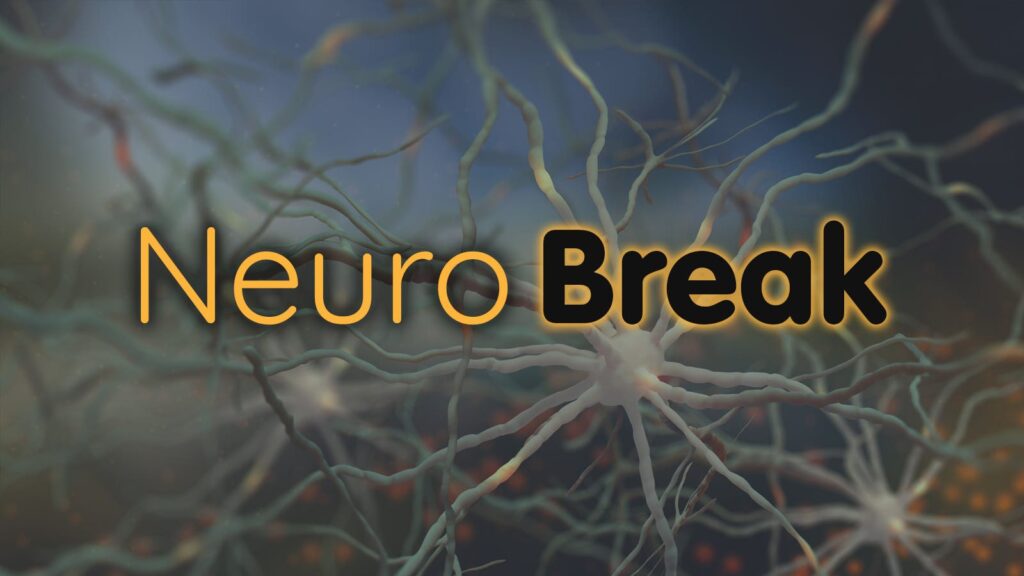A handheld wireless device using a graphene field-effect transistor sensor detected Alzheimer’s and Parkinson’s biomarkers amyloid beta, tau, and alpha-synuclein. (Proceedings of the National Academy of Sciences)
Whistleblowers suggested that a University of Southern California neuroscientist may have manipulated data that supported a major stroke trial and blood-brain barrier research. (Science)
Loss of smell and taste resolved over 3 years in long COVID patients who had mild acute SARS-CoV-2 infection. (JAMA Otolaryngology-Head and Neck Surgery)
A pragmatic trial showed that people with Parkinson’s disease and related disorders who had a palliative care intervention reported better quality of life at 6 months and were more likely to complete advance directives. (JAMA Neurology)
A low-fat diet improved fatigue in multiple sclerosis (MS), a small trial showed. (Multiple Sclerosis Journal)
Blood-based biomarkers predicted disability progression in primary progressive MS. (Journal of Neurology, Neurosurgery, and Psychiatry)
Molecular biomarkers have been linked to vascular cognitive impairment and dementia but none are used clinically, a review showed. (Nature Reviews Neurology)
The autism-linked gene SYNGAP1 may influence early stages of human brain development. (Nature Neuroscience)
Boston University’s Ann McKee, MD, is on a mission to save brains from chronic traumatic encephalopathy (CTE) by making contact sports safer. (Wired)
“Seinfeld” episodes helped researchers distinguish between a brain region that helped people enjoy a joke and another that helped them get it. (Journal of Neuroscience)
-
Judy George covers neurology and neuroscience news for MedPage Today, writing about brain aging, Alzheimer’s, dementia, MS, rare diseases, epilepsy, autism, headache, stroke, Parkinson’s, ALS, concussion, CTE, sleep, pain, and more. Follow
Please enable JavaScript to view the

